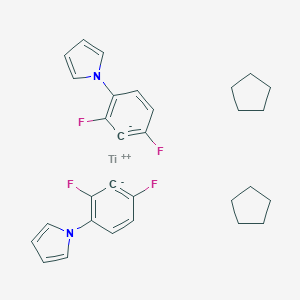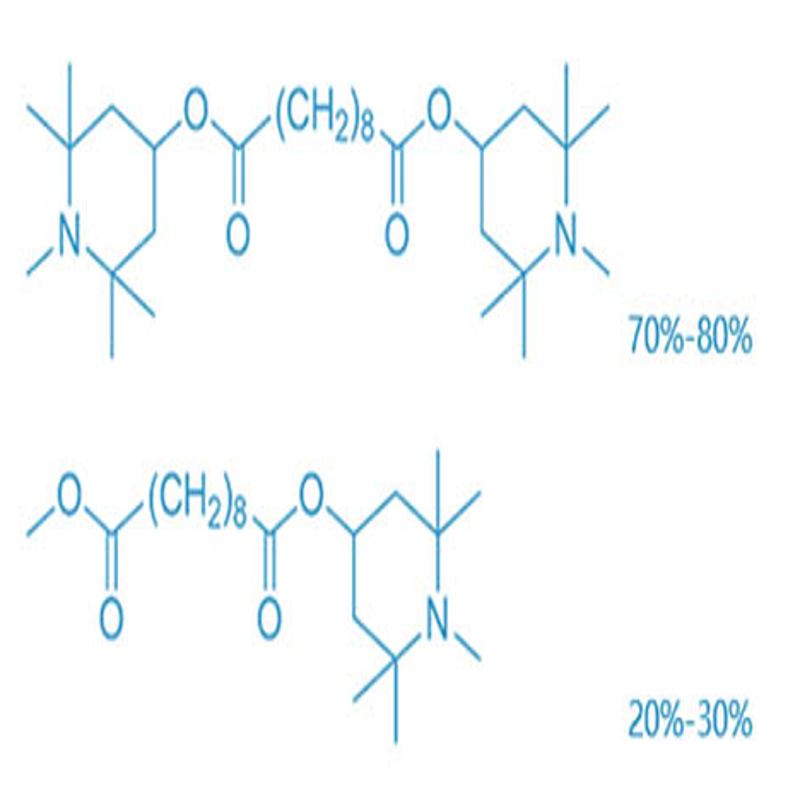-
Categories
-
Pharmaceutical Intermediates
-
Active Pharmaceutical Ingredients
-
Food Additives
- Industrial Coatings
- Agrochemicals
- Dyes and Pigments
- Surfactant
- Flavors and Fragrances
- Chemical Reagents
- Catalyst and Auxiliary
- Natural Products
- Inorganic Chemistry
-
Organic Chemistry
-
Biochemical Engineering
- Analytical Chemistry
-
Cosmetic Ingredient
- Water Treatment Chemical
-
Pharmaceutical Intermediates
Promotion
ECHEMI Mall
Wholesale
Weekly Price
Exhibition
News
-
Trade Service
The package of environmental protection proposals put forward by the European Commission is still fermenting in major industries, and the most controversial one is undoubtedly the EU's "carbon border adjustment mechanism
.
" According to this mechanism, the EU will impose taxes on commodities such as steel, cement, aluminum and fertilizers imported from countries and regions with relatively loose carbon emission restrictions
.
The European Commission proposes to reduce the EU's net greenhouse gas emissions by at least 55% from 1990 levels by 2030, and to achieve carbon neutrality in the EU by 2050
.
To this end, the EU will impose carbon tariffs on commodities such as steel, cement, aluminum and fertilizers imported from countries and regions with relatively loose carbon emission restrictions
.
For the chemical industry, the only chemical products identified at present are fertilizers, but in the future, as the European carbon neutrality advances, other industries with higher carbon emissions will almost inevitably be taxed
.
For companies outside Europe, carbon tariffs are equivalent to adding a not-low threshold for the European market, and investment in the European chemical industry may also be affected
.
Of course, it is still unknown whether the EU carbon tariff proposal will come true
.
At present, some resource-based countries have begun to put pressure on the EU, such as Australia and Russia have publicly criticized this proposal
.







